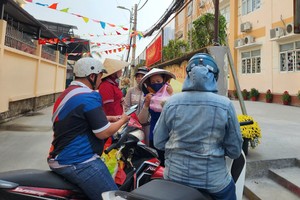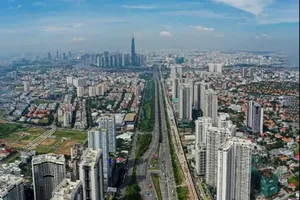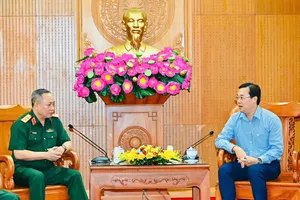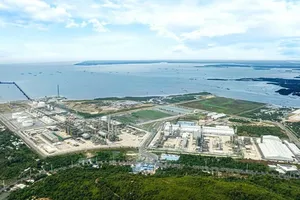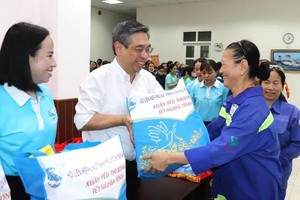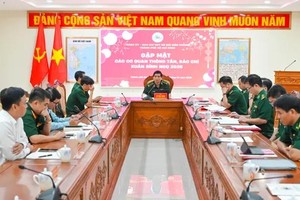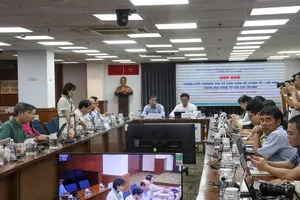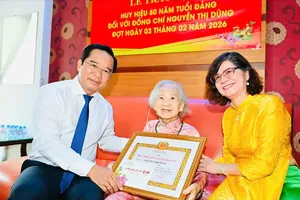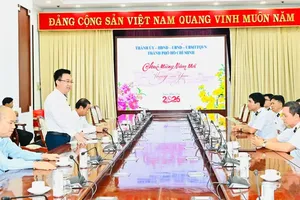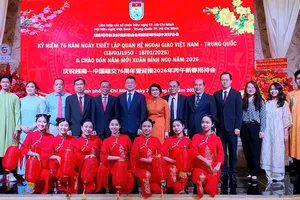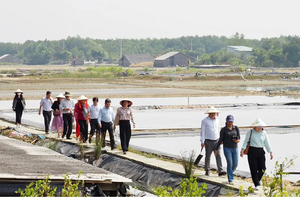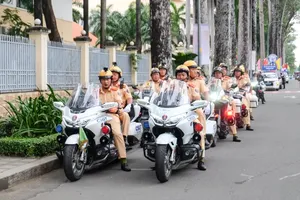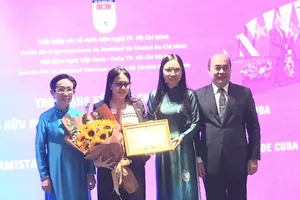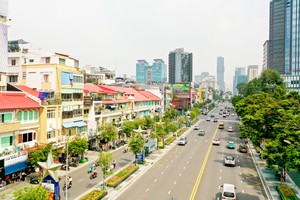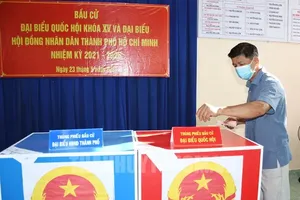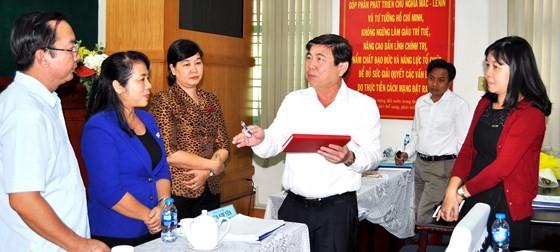
Speaking at the meeting, he lauded the district’s achievement in the past time. The district contributed 27 percent of tax collection. Moreover, 1,518 enterprises in the district has capital of over VND100 billion ($4,304,597) accounting for over 25.5 percent of the city’s big enterprises.
Additionally, the district focused on developing a friendly, responsible and professional at working in urban renewal program and repairing old condominiums.
The district’s slow and fast development also makes an impact on the city’s general growth. Population growth is a big challenge for the district’s infrastructure social welfare program and order, said Mr. Phong.
At present, the district is the most densely populated with approximately 221,220 residents, an average 28.000 people per square kilometer while the city’s average is 4,322 people per square kilometer.
Accordingly, Chairman Phong said the district should take heed to keep the population growth. HCMC authorities disagreed for more population growth, he emphasized, though there have been several opinions such as compression of population.
However, population compression without care of traffic and social infrastructure will greatly affect on city dwellers’ living quality.
Besides, Mr. Phong pointed out the weaknesses in management of the district. For instance, in the first seven months of the year, the district has not disbursed for three education projects including building Nguyen Hue Primary School, Tuoi Hong and Le Thi Rieng Preschools and five urban renewal projects. Worse, the district had to compensate one project.
Moreover, the district has not reduced the number of traffic in term of the cases, the death toll and injury.
Therefore, Chairman Phong urged the district party committee to limit its weaknesses to have measures solving it to meet the arising demand of the new period.
Furthermore, the district Party Committee was asked to outline the hypothetical growth for the period 2018-2020 and the city authorities will help it to complete this.
